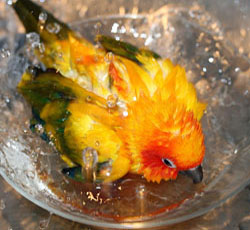 In the wild, birds are not "required" to live in close proximity to their droppings. They have a continual supply of fresh unspoiled food to choose from as well as access to fresh water when they need it. Many of our bird's wild counterparts live in rainforest areas that provide them the opportunity for daily rain showers and bathing activities that allow them to keep their feathers in prime condition. The plethora of activities they engage in on a daily basis in the wild also go a long way to ensuring that their beaks and nails do not become overgrown.
In the wild, birds are not "required" to live in close proximity to their droppings. They have a continual supply of fresh unspoiled food to choose from as well as access to fresh water when they need it. Many of our bird's wild counterparts live in rainforest areas that provide them the opportunity for daily rain showers and bathing activities that allow them to keep their feathers in prime condition. The plethora of activities they engage in on a daily basis in the wild also go a long way to ensuring that their beaks and nails do not become overgrown.
In captivity, our birds depend on us to ensure their environmental needs are tended to as far as cleanliness is concerned. Hygiene, by definition, is the practice of cleanliness that prevents the spread of disease and ensures the preservation of health. Infectious diseases can spread very easily via contaminated drinking water, droppings and feather dust. As related to our birds, hygienic practices encompass three primary areas: environmental cleanliness, food safety and "personal" bird hygiene (grooming). Consistent application of sound hygienic practices is of the utmost importance in keeping our birds healthy.
The key components of good hygiene are:
- Keeping your bird's cage, perches and toys clean.
- Providing clean drinking water daily.
- Sanitizing dishes daily.
- Discarding cooked diets and fresh fruits and veggies after 4 hours to avoid spoilage & bacterial growth
- Using bird safe cleaners and disinfectants.
- Providing daily opportunities for bathing.
- "Personal" grooming as related to your bird's feathers, nails and beak.
- Pest Control
Each of these areas is discussed in more detail in our related articles.
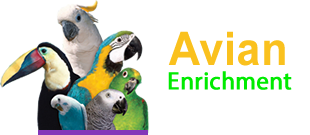














































































































































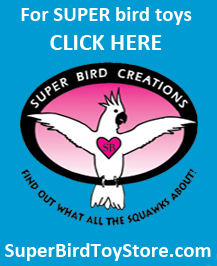
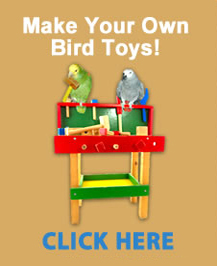
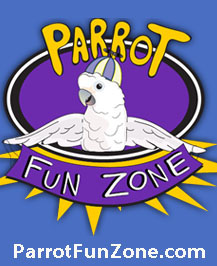

Comments (0)
Comments powered by CComment